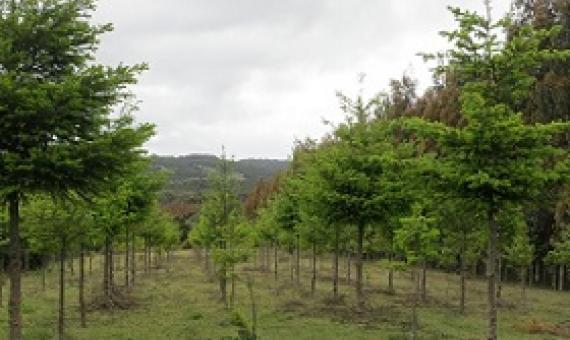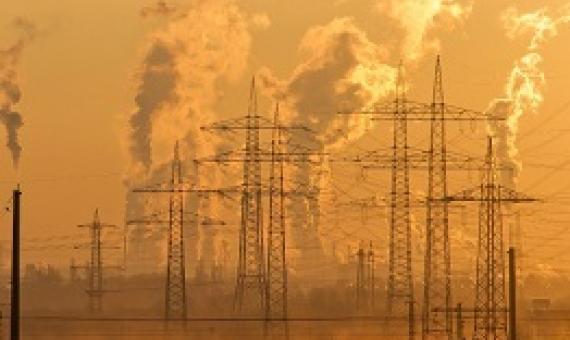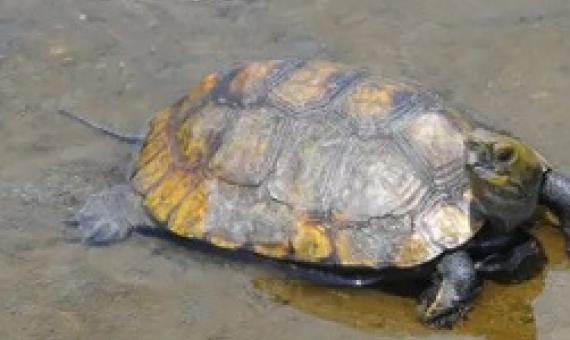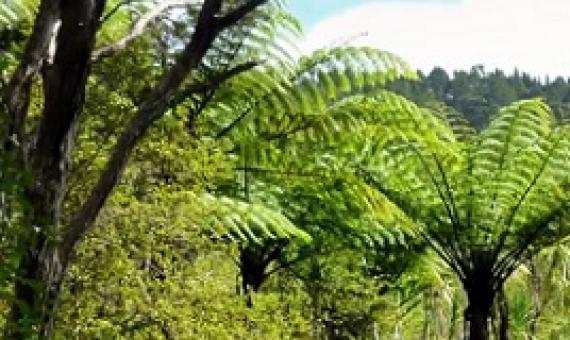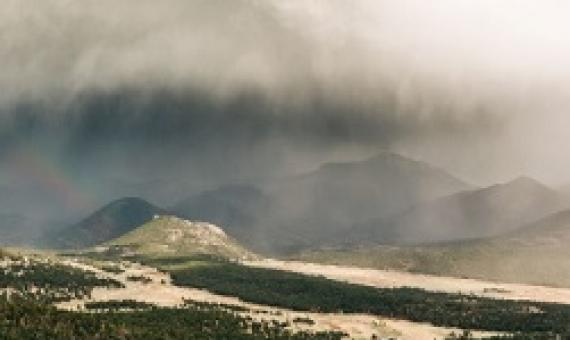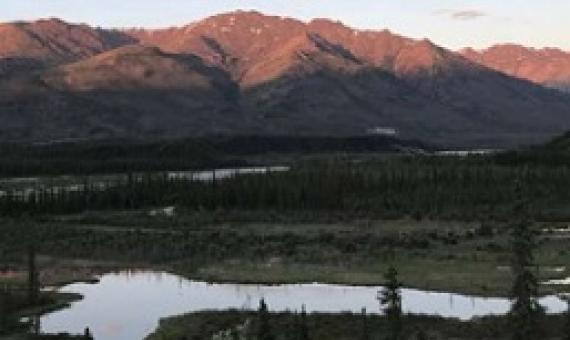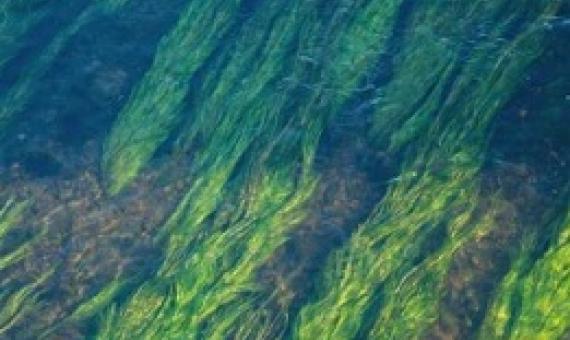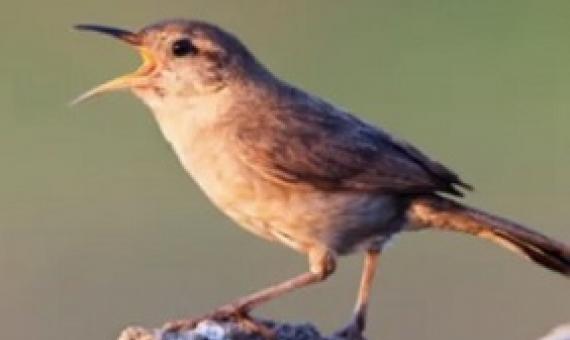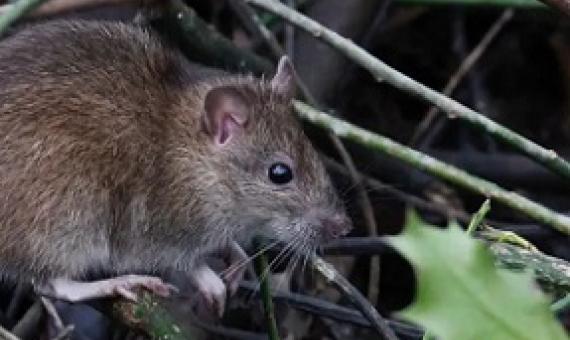Campaigns to plant huge numbers of trees could backfire, according to a new study that is the first to rigorously analyze the potential effects of subsidies in such schemes.
A group of researchers, led by a UNSW sustainability scientist, have reviewed existing academic discussions on the link between wealth, economy and associated impacts, reaching a clear conclusion: technology will only get us so far when working towards sustainability—we need far-reaching lifestyl
Alarming numbers of threatened species are being smuggled into Japan and “laundered” into the exotic pet trade, a new study has found.
Large-scale reforestation projects such as New Zealand’s One Billion Trees programme are underway in many countries to help sequester carbon from the atmosphere.
Remote wilderness areas and national parks in the western United States are getting a dusting of plastic every year, perhaps 1000 tons or more, according to a new study.
Roughly half of Earth's ice-free land remains without significant human influence, according to a study from a team of international researchers led by the National Geographic Society and the University of California, Davis.
Seagrass meadows can be a powerful nature-based climate solution and help sustain communities hard-hit by stressors such as the COVID-19 pandemic, but these important ecosystems continue to decline.
Humans are causing a mass extinction. And humans can stop it...Earth is now in the middle of a mass extinction, the sixth one in the planet’s history, according to scientists. And now a new study reports that species are going extinct hundreds or thousands of times faster than the expected rate.
The human population is growing rapidly and making increasing demands on the planet for food, water and natural resources...
Coral reef islands across the world could naturally adapt to survive the impact of rising sea levels, according to new research.

